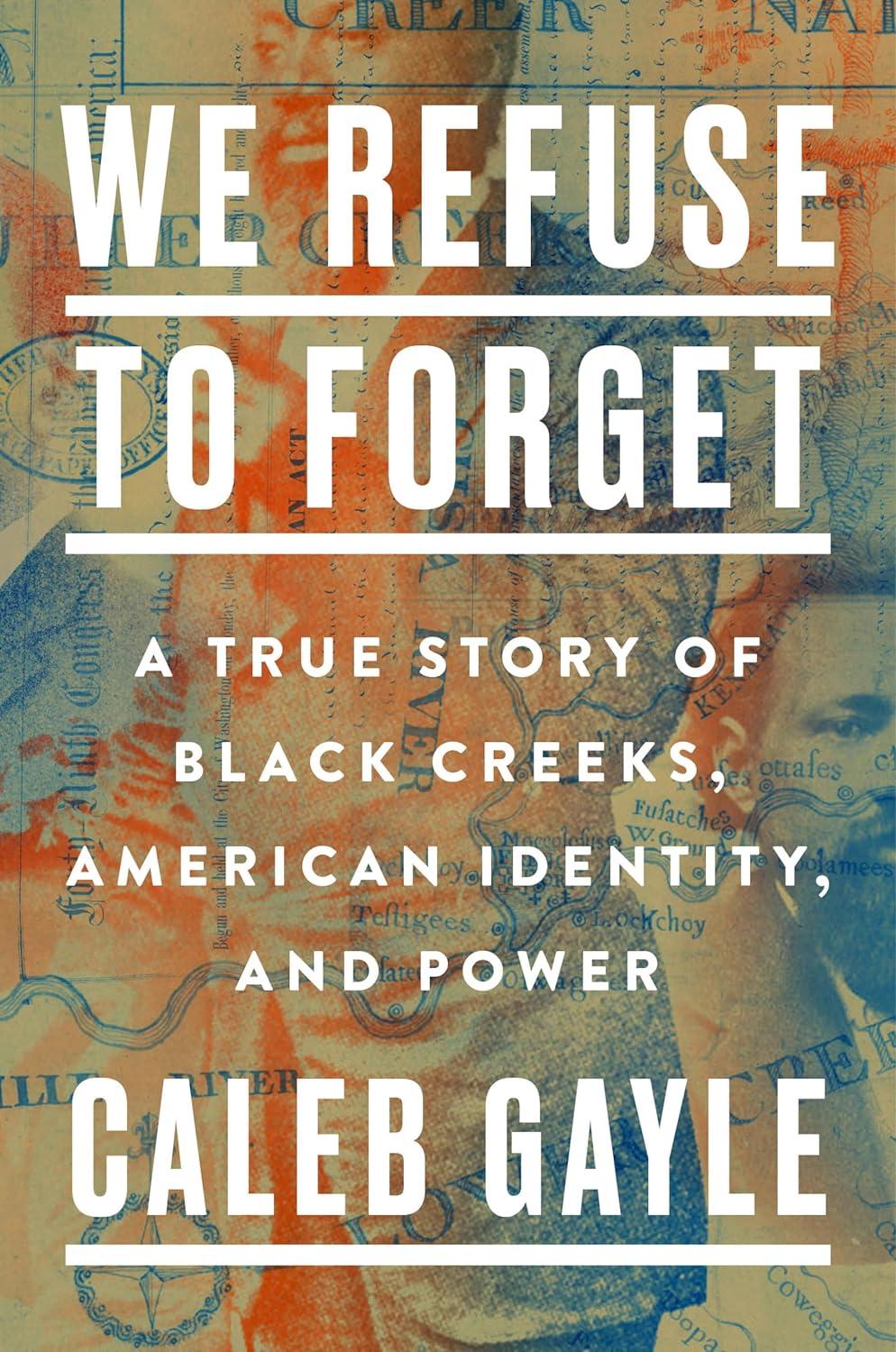In 1979, an Oklahoma woman named Johnnie Mae Austin stopped getting mail from the Muscogee Nation. There were no more announcements of meetings, notices of elections, or news of monetary settlements. The problem wasn’t postal. Austin’s Muscogee citizenship had been erased by a new Muscogee constitution in which citizenship was defined “by blood,” words that named a fraught crossroads in Native and African American histories. The Muscogee people, also referred to as Creeks, were among the tribes that once enslaved people of African descent and that were required, in the wake of the Civil War, to accept them as tribal citizens. A tribal-enrollment census around the start of the twentieth century split the Muscogee citizenry into groups that were separate but by no means equal. One roll—the “by blood” roster—listed people of Creek heritage, while a second, “freedmen,” roll named Black Creek citizens, the formerly enslaved and their descendants. Austin’s ancestors appeared on the second roll. With the new constitution, Muscogee citizenship was reserved for those on the first roll, or their lineal descendants. And so Austin, after forty-seven years of being Creek, found her tribal identity legally and politically erased.
As the journalist Caleb Gayle recounts in “We Refuse to Forget: A True Story of Black Creeks, American Identity, and Power” (Riverhead), Austin had filled the walls of her home with pictures of Black Creek aunties and uncles, interspersed with the teaching licenses of family members who had once led Black Creek schools. Her people, she recalled, grew up on Creek land, sang Creek songs, picked up curse words and jokes in the Muscogee language, and felt that they were “Creek to the bone.” You’d hear similar stories from other people of African descent who had grown up among the so-called Five Civilized Tribes—Muscogee, Cherokee, Choctaw, Chickasaw, and Seminole. Yet the Muscogee “by blood” decision was followed by similar restrictions issued by other tribes. Here were people whose ancestors had been enslaved by, married to, and emancipated from Native Americans. Many of them settled among Native communities and shared language, culture, and children across multiple generations. They had been accepted as members of those communities, even recognized as such by the federal government. How could their expulsion possibly be justified?

